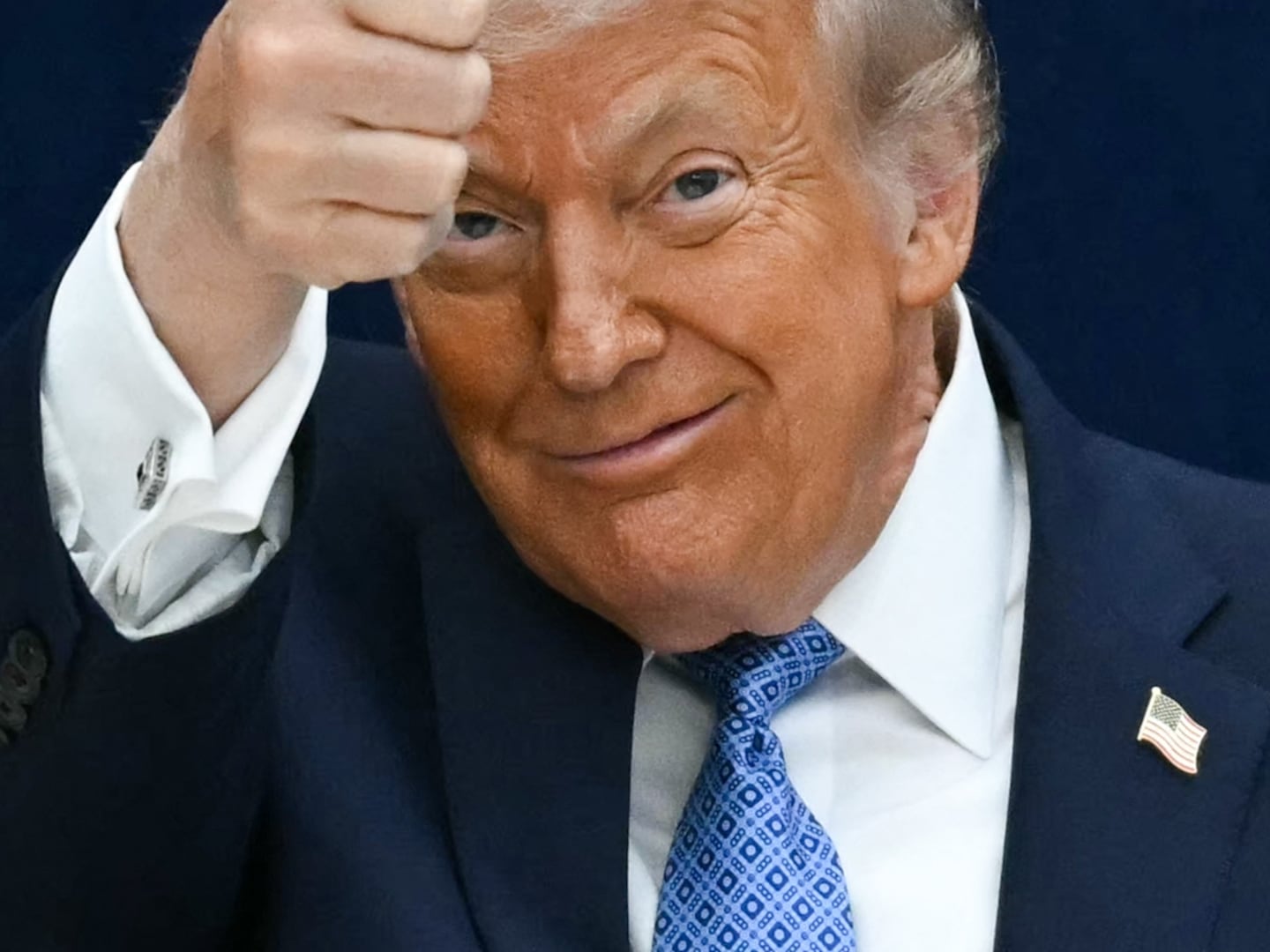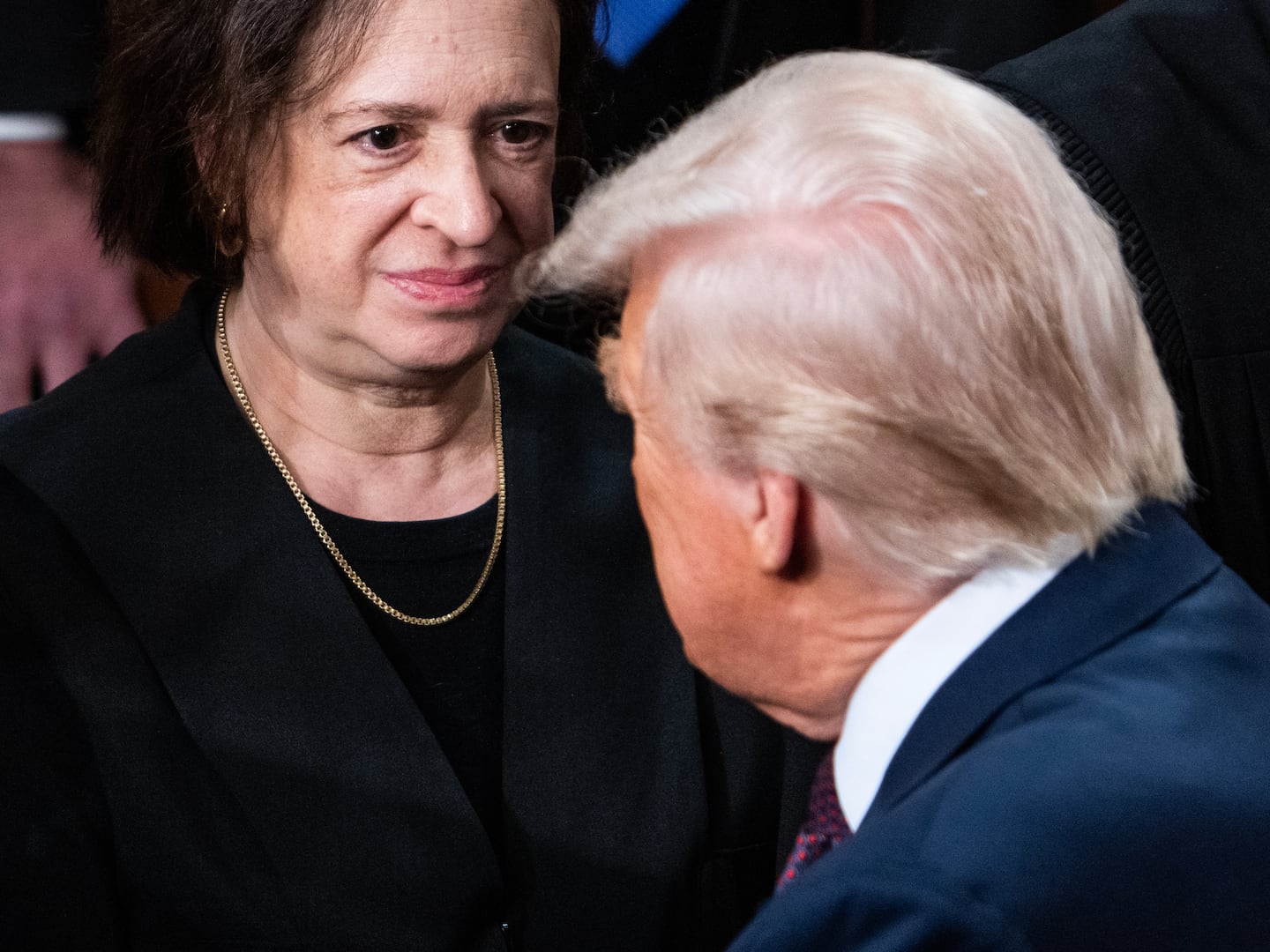“'Emperor Palpatine’ wins Ukraine city council election,” is not in fact an Onion headline.
This week, a 25-year-old man named Aleksandr Borovik was elected to the Odessa city council with more thanover 54 percent of the vote. He garnered plenty of attention and, apparently, support for his campaign gimmick of dressing as the Star Wars antagonist space-Hitler Emperor Palpatine. Borovik also used the Sith Lord’s name during his city-council run, and identified as “emperor” of the “LLC Palpatine Finance Group.” (An election last year included people dressed as Queen Amidala and Yoda trying to run, but neither enjoyed much success.)
“We all have our own choices…but it’s above my understanding. People, what’s wrong with you?” mayoral candidate Sasha Borovik wrote in a Facebook post, chiding voters for their Galactic-Imperialist choice.
This month has represented the perfect little nexus of Star Wars fandom and Odessa’s electoral politics, a trend driven largely by the tongue-in-cheek efforts of the Internet Party of Ukraine. (All of this coincided with the hype over the rapidly approaching December premiere of Star Wars: Episode VII —The Force Awakens.)
An artist recently transformed Odessa’s statue of Lenin into a tribute to Darth Vader after new “decommunisation” laws went into effect in the country—swapping Communist oppression and mass murder for Galactic tyranny and genocide. Furthermore, a man dressed as Chewbacca was arrested for violating election laws by campaigning on election day. (Chewie was campaigning for Lord Vader, which may strike some fans as the ultimate betrayal of rebel forces.)
An appropriation of Star Wars mythology for political gain or political statement is, in a way, an entirely predictable occurrence. Any time there’s a major pop-cultural phenomenon, you can easily count on people everywhere and anywhere to weave it into their political vocabulary.
For instance, in 1964, Conservative Party and communist candidates in the U.K. tried to use The Beatles to help them win elections. Last year, student activists in Thailand adopted the three-finger salute from The Hunger Games to protest the ruling junta.
The vast Star Wars franchise itself has long had political overtones. Creator George Lucas even said that the first Star Wars film was in part inspired by his reflection on the tumultuous Vietnam War era.
“It was really about the Vietnam War, and that was the period where Nixon was trying to run for a [second] term, which got me to thinking historically about how do democracies get turned into dictatorships?” Lucas said in 2005. “Because the democracies aren’t overthrown; they’re given away.”
In turn, if you scan the landscape of American and global affairs past and present, you will find a staggering abundance of a Star Wars-ization of politics and war.
In March, CNN erroneously reported that ISIS militants had established a way station in the Tunisian town of Tataouine—the namesake for Tatooine, the home planet of Luke Skywalker. Though ISIS had claimed responsibility for a deadly attack on a landmark museum in Tunis, the terror group had not in fact seized control of Tataouine or any of the aging Star Wars film sets in Tunisia. A group of diehard Star Wars nerds—who traveled to Tunisia years ago to renovate the Lars Homestead set—were not pleased by the false reporting on ISIS taking over Luke Skywalker’s home planet.
“Hundreds of people are suffering from these terrorist activities and people are worried about movie sets? I think we need to focus on what is really important here,” Mark Dermul, a Belgian native who led the renovation project, told The Daily Beast.
Stateside, there isn’t a more obvious example of Lucas’s franchise shaping part of our political lexicon than the originally derisive nickname given to President Reagan’s missile-defense program: “Star Wars.” In 1985, Lucas even unsuccessfully sued lobbying organizations—on both sides of the aisle—that were running ads on the issue that incuded the term, “Star Wars.”
The current administration hasn’t been without its Star Wars moments, either. In early 2013, the Obama administration responded to a White House petition calling on the president to “secure resources and funding, and begin construction of a Death Star” by his last year in office.
Unfortunately, this was not deemed a priority in Obama’s final term.
“The Administration does not support blowing up planets,” the official White House statement read. “Why would we spend countless taxpayer dollars on a Death Star with a fundamental flaw that can be exploited by a one-man starship?” (The “Galactic Empire” soon responded with a statement mocking the administration for this position.)
And as icing on the cake here are photos of President Obama wielding a lightsaber in front of the White House in 2009:






